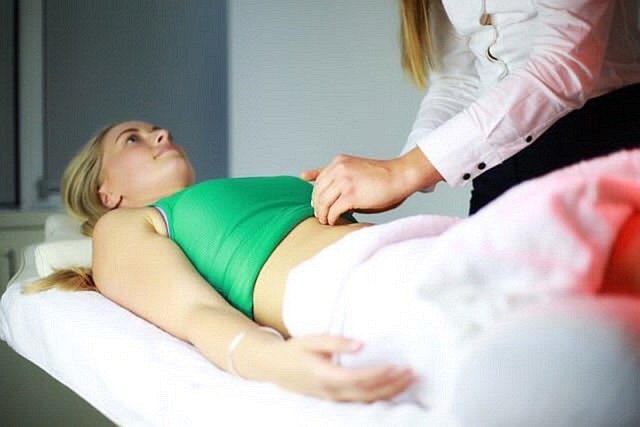PCOS: What Should You Know About It? Is There Any Sign?
Health is a gem and you should never take it for granted. If you find anything going wrong or strange with your body, you must take a step. There are so many treatments, cures and remedies in the present world. When you take precautions to ensure that your health stays fit and fine; it stays the same.
Polycystic ovarian syndrome (PCOS) what is it?
Polycystic ovarian syndrome is a relatively general type of hormonal disorder that triggers a number of diverse signs in women of reproductive age. Common to all women with PCOS is that of an irregularity in the periods or menstrual cycle and the presence of extreme male hormones (androgens).
PCOS or polycystic ovarian syndrome is a hormonal disorder which causes the female ovaries to become enlarged with small liquid-filled cysts on its outer portion. Polycystic ovarian syndrome in Ayurveda has an effective treatment procedure to stay well.
Polycystic ovarian syndrome is now a common disease. It often remains untreated or neglected. If you are facing menstrual problems then try to consult your doctor for the diagnosis. If you have polycystic ovaries then you can rely on Ayurveda for a more holistic approach of treatment. But, it will be better if you consult an ayurvedic doctor before you start consuming these herbs or medicines. Please remember that ayurvedic treatment takes more time and patience than regular allopathic treatment. So, wait for some time.
What really happen when you have polycystic ovaries?
The condition was named because of the search of enlarged ovaries having multiple small cysts (polycystic ovaries). Although most of the women with PCOS have polycystic ovaries, some of these affected women do not. PCOS has even been referred to as Stein-Eventual syndrome and that of polycystic ovarian disease (PCOD). Certainly, there is also PCOD ayurvedic treatment but then you have to know that you have an issue and you can avail it. If you don’t know about the treatments, you would never go for them.
What are the PCOS symptoms?
PCOS heads to disruptions in the menstrual cycle and it typically begins around the start of puberty. Menstrual cycles could be normal at first and then turn out to be irregular, or the beginning of menses could be delayed. The menstrual irregularities of PCOS are generally accompanied by a lack of ovulation. It means the affected women could experience infertility. The desire oar craving for pregnancy is an aspect that prompts many women with PCOS to foremost seek medical attention.
Moreover, a rise in the production of androgens (male hormones) by the ovaries in PCOS could head to excess hair growth in areas symptomatic of a male pattern, called hirsutism. Dense, pigmented hair growth emerges on the upper lip, chin, around that of the nipples, and on the lower abdomen. Excess androgens can also head to acne and also male pattern balding.
Because of the absence or diminishing in ovulation, women having PCOS have diminished levels of the hormone progesterone (generally produced after ovulation in the second half of menstrual cycle). This is something that can result in growth stimulation of the endometrial (these are the lining tissues of the uterus), heading to dysfunctional uterine bleeding and get through bleeding.
Enhanced stimulation of the endometrial in the absence of progesterone generation can be a risk factor for the growth of endometrial hyperplasia and also that of uterine cancer.
Similarly insulin resistance, sudden weight gain, and obesity are even common in PCOS. It has been suggested that around one-half of women having PCOS are obese. Insulin resistance, accompanied by increased blood levels of insulin, emerges in most of the women with PCOS, independent of the presence of obesity.
Conclusion
Anyhow, you don’t panic because there is good ayurvedic medicine for PCOD. You would find relief for sure after consuming the right medicine.










